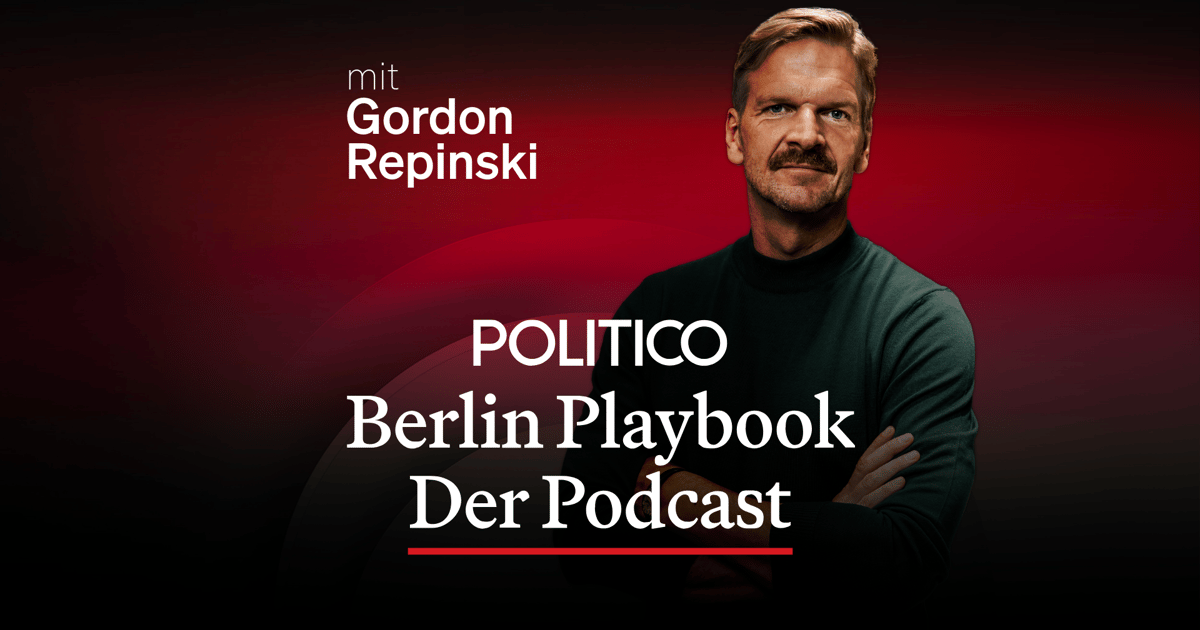

The past week has been particularly eventful across the political and media landscapes, with significant developments in Germany, the United States, and ongoing reflections on political figures in Portugal. This article offers a calm and engaging overview of these narratives, providing essential insights without sensationalism.
In Germany, Chancellor Friedrich Merz recently conducted his first summer press conference since taking office. While the conference, held just before the summer recess, was anticipated for significant policy revelations, Chancellor Merz chose to maintain a low profile in terms of specifics. He navigated questions with careful consideration, especially those surrounding the personnel discussions about Frauke Brosius-Gersdorf, reflecting a strategic approach towards maintaining party unity. Analysts Rixa Fürsen and Gordon Repinski have noted the subtleties in his responses that hint at broader political strategies, an artful dance of words that characterize political maneuvering. Such cautious engagement often helps preserve stability within rapidly shifting political landscapes.
Meanwhile, in the United States, the media industry witnessed a significant shake-up with CBS’s decision to cancel “The Late Show with Stephen Colbert.” This came shortly after the host publicly criticized a decision by CBS’s parent company to pay the U.S. President a $16 million settlement over a disputed interview. The cancelation has sparked discussions on the freedom of media and the dynamics between corporate interests and editorial independence. Colbert’s satire and criticism have long been a fixture of late-night television, making this a headline-worthy development. Despite the circumstances, such shifts in media landscapes resonate with broader themes of accountability and the responsibility of media giants in shaping public discourse.
In a reflective turn, Portugal grapples with the enduring influence of former Prime Minister José Sócrates. Known as a polarizing figure, his legacy continues to inspire commentary and debate. While some jest at the controversies surrounding his tenure, many recognize that his impact on the nation extends beyond humor into significant political and social repercussions. Commentators remind us that the implications of past leadership choices continue to echo through contemporary political narratives, influencing current governance and public sentiment.
Each of these stories, with their respective political and social contexts, illustrates the intricate tapestry of global affairs where governance, media, and public opinion interweave. In the calm of reflection, we see how these developments collectively inform and shape our understanding of contemporary society. The ongoing dialogue between past lessons and current actions underlines an enduring narrative across nations and industries. Embracing this perspective, we can navigate the complexities of the present with mindfulness and an informed awareness that encourages progressive engagement with global issues.
Source: {link}
